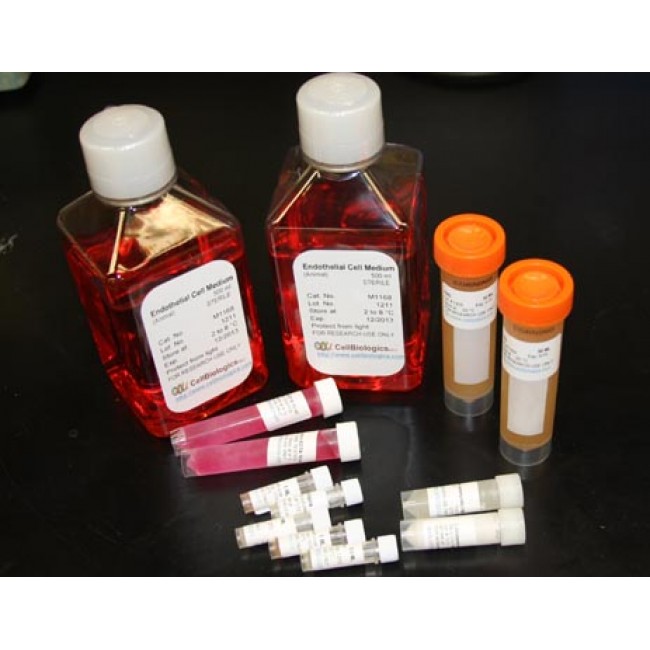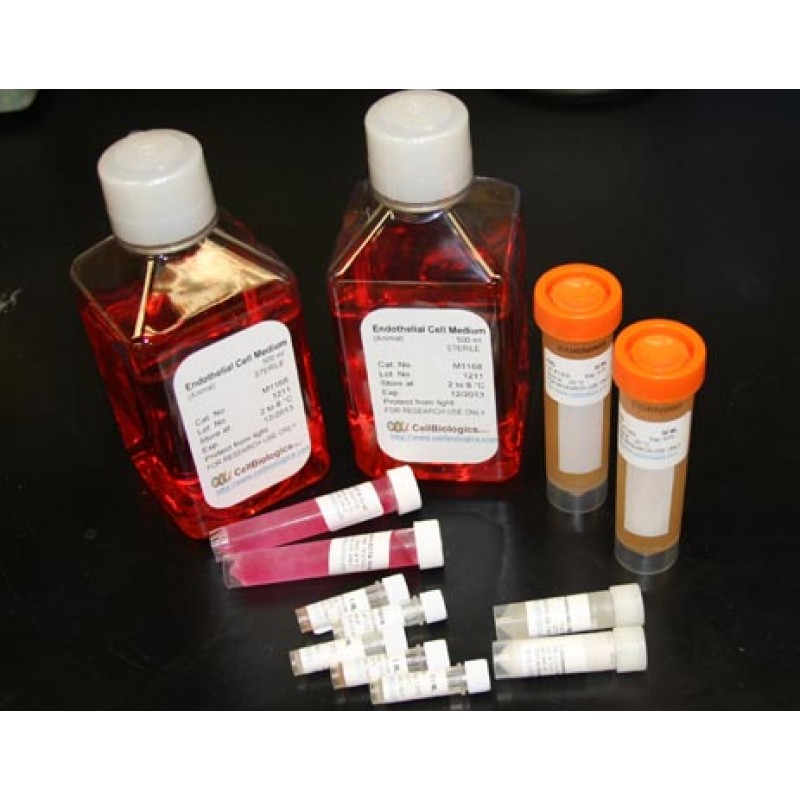FGF-9 is both an autocrine and paracrine prostatic growth factor expressed by prostatic stromal cells. FGF-9 induces osteoblast proliferation and new bone formation in a bone organ assay. FGF-9 is produced by many prostate cancer cells and contributes to prostate cancer-induced new bone formation. Also, it may participate in the osteoblastic progression of prostate cancer in bone. It is also an autocrine and/or paracrine neurotrophic factor that promotes the survival of motoneurons and upregulates choline acetyl-transferase activity. FGF-9 enhances survival of AChE-positive neurons and increases their mean soma size. It also up-regulates their choline acetyltransferase activity as potently as NGF and the effect is greater than that elicited by bFGF, CNTF, or GDNF. FGF-9 acts as a survival factor for neurons but does not promote neurite outgrowth. FGF-9 has been shown to mediate its effects by binding to FGF receptors. It efficiently activates the FGFR2c splice form of FGFR2 and the FGFR3b and FGFR3c splice isoforms of FGFR3.


